JP Morgan warned US of $1bn in Epstein transactions possibly related to human trafficking
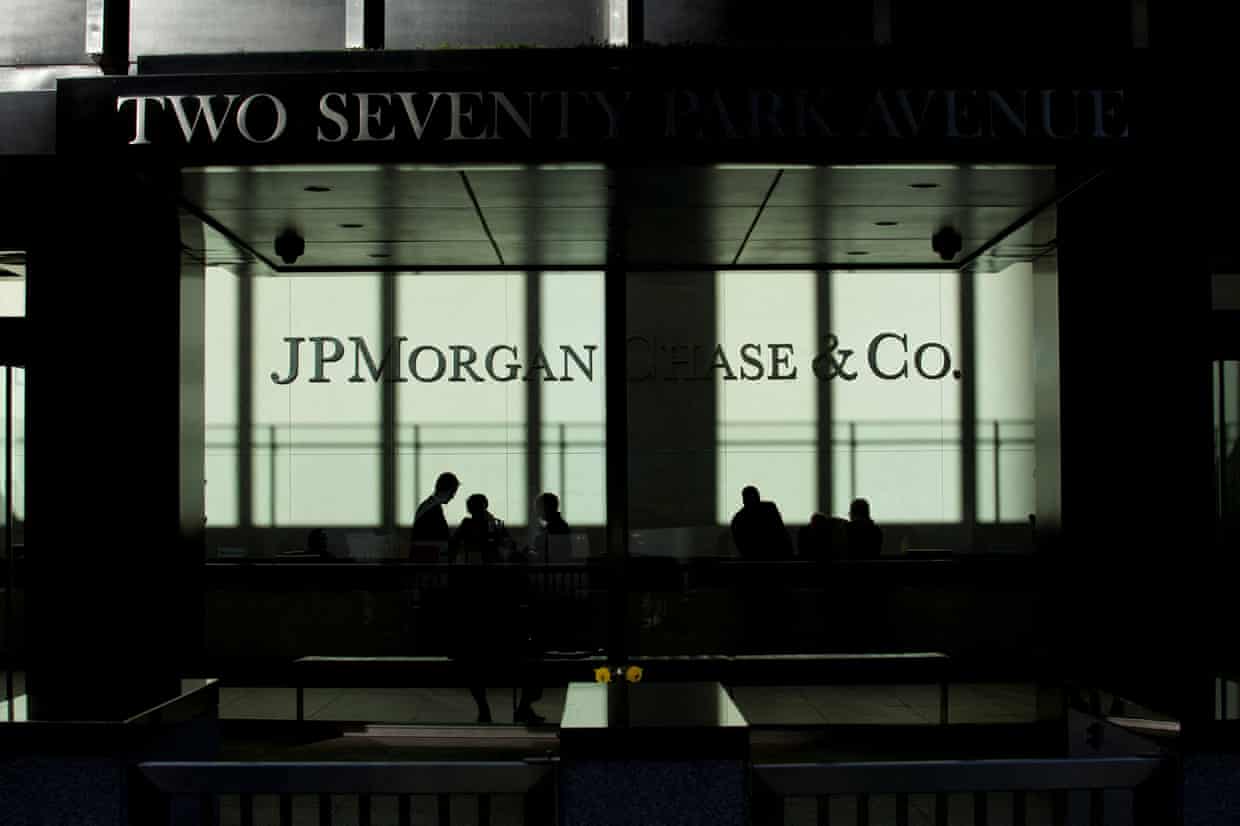
JP Morgan warned the US government about more than $1bn in transactions linked to Jeffrey Epstein that were possibly related to reports of human trafficking, new documents confirm.The largest bank in the US filed a suspicious activity report (SAR) in 2019, just weeks after Epstein was found dead in a New York jail cell, about transactions linked to the paedophile financier and prominent business figures.It also flagged wire transfers made by Epstein to Russian banks.JP Morgan’s report said it had flagged about 4,700 transactions, totalling more than $1bn, that were potentially related to reports of human trafficking involving Epstein, the New York Times reported.The report, filed during the last Trump administration, also flagged sensitivities around Epstein’s “relationships with two U.
S.presidents”.The report was included in a release of previously sealed court records that were made public on Thursday after requests from the New York Times and the Wall Street Journal.The documents included other SARs that JPMorgan filed in the years before Epstein’s 2019 arrest about large cash withdrawals, the New York Times reported.The 2019 report did not detail the nature of the transactions or why they were suspicious.
But it identified transactions with Leon Black, the co-founder of the private equity firm Apollo Global Management who left the company in 2021; the hedge fund manager Glenn Dubin; the lawyer Alan Dershowitz; and trusts controlled by the retail tycoon Leslie Wexner.The report identified $65m of wire transfers from the mid-2000s that appeared to move between multiple banks linked to Wexner’s trusts but it did not provide details about the transactions involving Black, Dubin or Dershowitz.None of the individuals named in the report have been charged with crimes in relation to Epstein.JP Morgan’s 15-year relationship with Epstein, a convicted sex offender, has become a source of major legal and political scrutiny.The unsealed documents were part of a 2023 litigation filed by the US Virgin Islands, where Epstein owned a private island and conducted most of his financial affairs, and on behalf of his victims.
JP Morgan settled the cases without admitting liability.Patricia Wexler, a spokesperson for JPMorgan, said the release of the SARs showed that the bank had alerted regulators about Epstein.She said: “The SARs do confirm what’s been inferred all along: the bank filed SARs about Epstein early on, and specifically when it exited Epstein from the bank in 2013 – and repeatedly between 2013 and 2019, as required.“It does not appear that anyone in the government or law enforcement acted on those SARs for years.”Devon Spurgeon, a spokesperson for Dubin, said the transactions in question were unrelated to Epstein’s crimes, and Dershowitz, who was one of Epstein’s lawyers, said the only funds he received from Epstein were payments for legal services, according to the New York Times.
A representative for Black did not want to comment.The Guardian has also contacted Wexner.
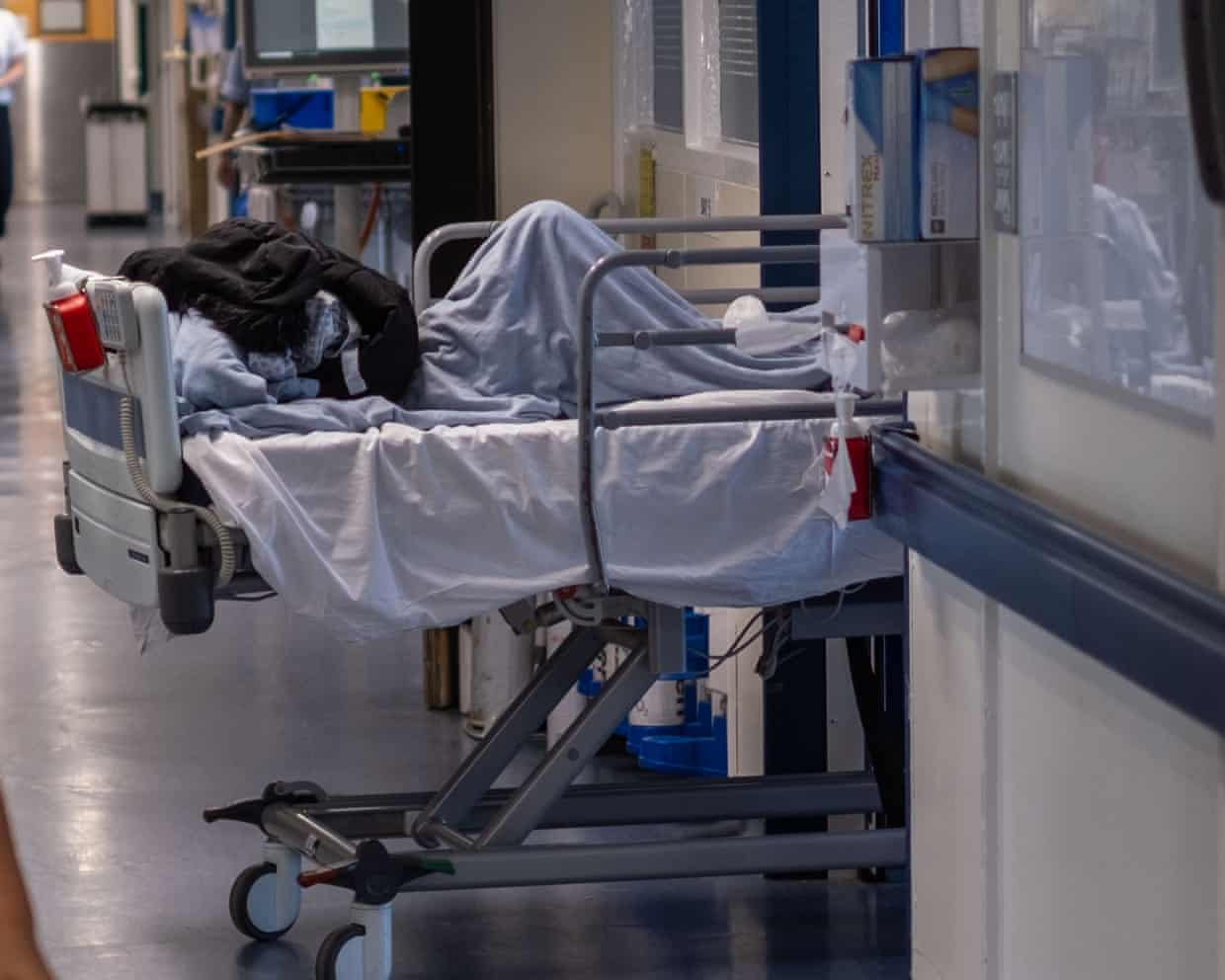
Nearly 150,000 aged 90 and above wait 12 hours in England’s A&Es each year
Almost 150,000 people aged 90 and over in England are forced to wait longer than 12 hours in A&E every year, with some experiencing “truly shocking” waits of several days stuck in corridors, a report warns.Older people are also being left in their own excrement and wet beds for hours, denied pain relief and forced to watch and hear other patients die next to them because they end up waiting so long for care, according to Age UK.In total, more than 1 million patients aged 60 and over had to wait more than 12 hours to be transferred, admitted or discharged in type 1 emergency departments in 2024-25. One in three (33%) aged 90 or older – 149,293 – were forced to wait more than 12 hours.Caroline Abrahams, the charity director of Age UK, said: “What’s happening to some very ill older people when they come to A&E is a crisis hiding in plain sight which the government must face up to and take immediate action to resolve
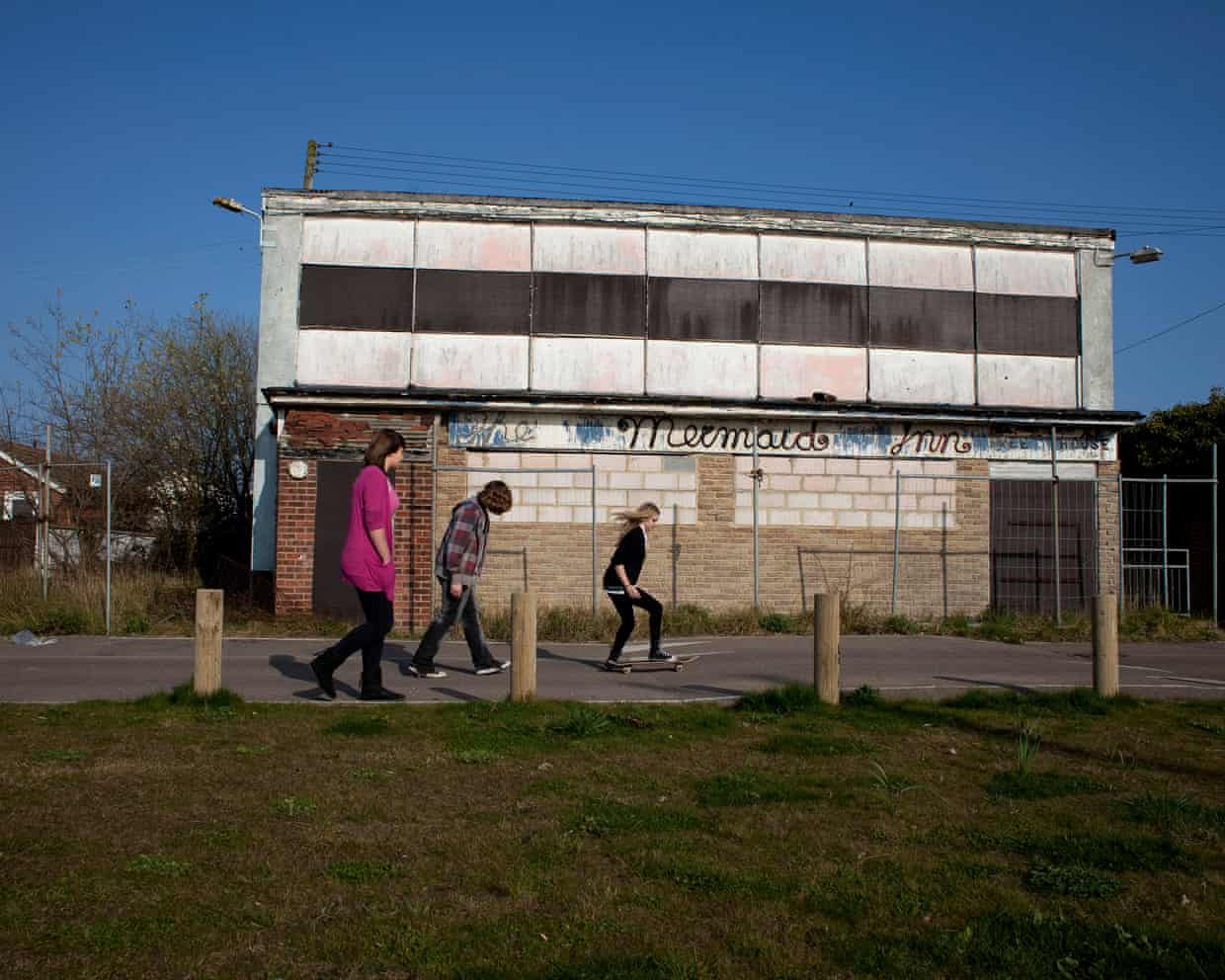
Jaywick’s continued decline and intensifying London poverty tell same story of ‘broken’ Britain
It’s Jaywick again. For the fourth time in a row the tiny, apparently unprepossessing seaside village overlooking the north sea just down the coast from Clacton in Essex has reluctantly claimed the unenviable title of England’s most deprived neighbourhood.Top of the indices of multiple deprivation since 2010, Jaywick Sands, once a popular holiday destination for working-class Londoners, has become a emblem of “broken” Britain, an exemplar of economic neglect, austerity and social breakdown, compounded by geographic isolation.Its local MP, Reform leader Nigel Farage, seemed unusually vague when asked about Jaywick’s travails on Thursday. Parts of it, he opined, seemed “depressed,” adding that he was “obviously sad that things aren’t improving more quickly”

Living with the hidden horrors of illegal HMOs | Letters
The organisation complicit in allowing two illegal houses in multiple occupation (HMOs) in my block of six flats is a housing association (The crimewave sweeping Britain? Illegal houses in multiple occupation, 24 October). The owners of the HMOs, both property companies, have rented their flats to up to eight single adults over the past 15 years. The flats are registered by the local council as suitable for renting to three unrelated adults.Aditya Chakrabortty’s description of the outside of the HMO he mentions, with its jumble of bags and suitcases, describes the front garden of my block to a T as long as you add in broken furniture and urine-soaked mattresses, which are eventually removed by the housing association. Inside the block, cockroaches can be seen crawling around the front door of one of the HMOs, and all of the block’s kitchens and bathrooms have been invaded by cockroaches that were released when the other HMO was undergoing major renovations

Why can’t we eradicate both pensioner and child poverty? | Letters
“As long as a third of children are living below the poverty line, the government cannot justify keeping the pensions triple lock,” says the subheading on Polly Toynbee’s article (What kind of country puts its pensioners ahead of children in poverty?, 24 October).I agree completely that it is an outrage so many children are living in poverty, but pitting one generation against another is not a solution. More than 2 million people over the age of 65 are living in poverty. Poverty rates are even higher among those approaching state pension age, which raises concerns about the immediate future, even with the safety net of the triple lock in place. There is also no guarantee that saving money on the triple lock will be put to the benefit of impoverished children
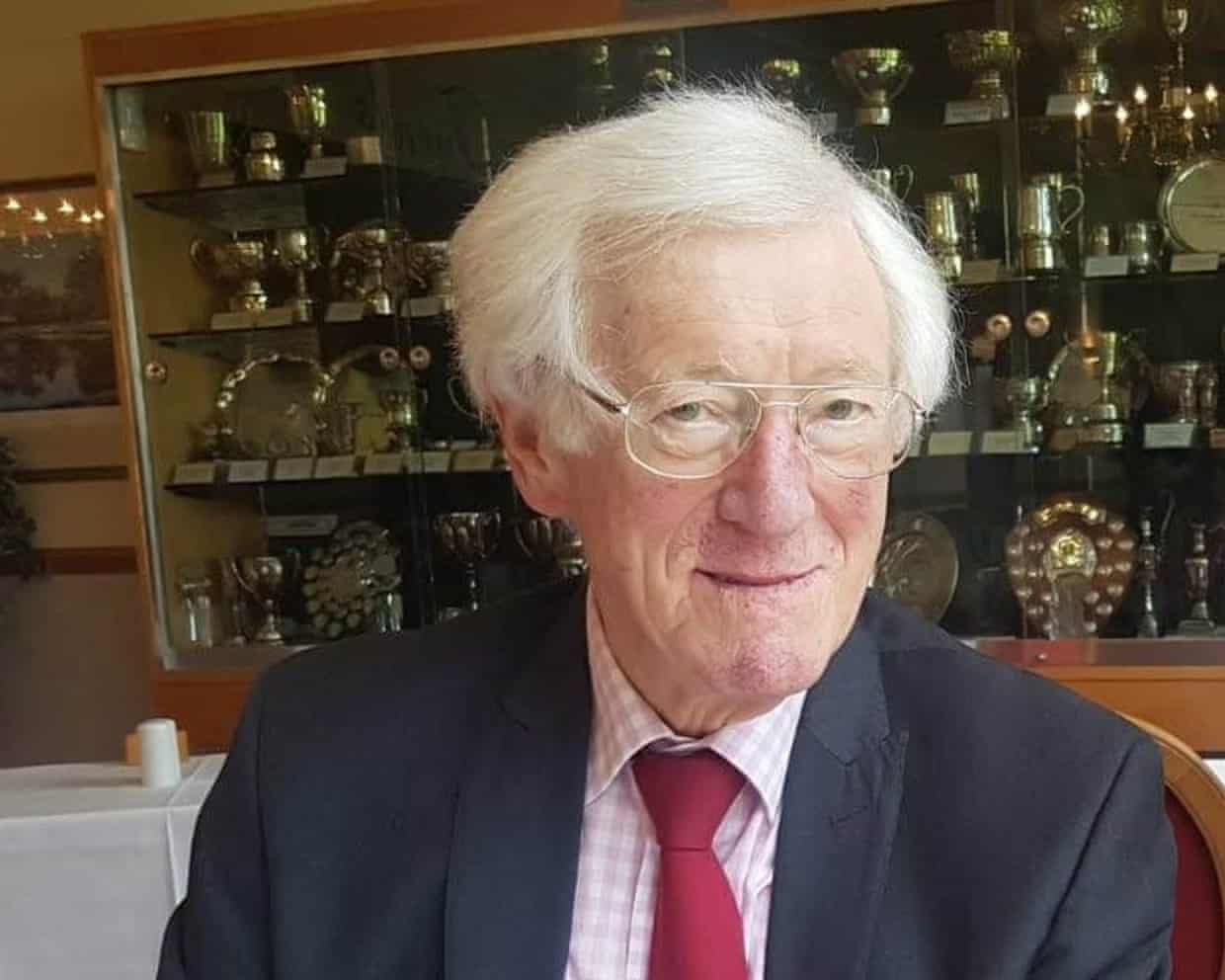
Alan Kilburn obituary
My father, Alan Kilburn, who has died aged 89, was an influential figure in the social housing sector. Under his leadership in the 1980s the housing association North Housing undertook a series of major regenerative projects, including the renovation of several Georgian and Victorian terraces in Newcastle upon Tyne. Throughout, Alan always insisted to tenants that they lived in “our house, but your home”.He also served as president of the Chartered Institute of Housing in 1982-83, and was a participant in the Duke of Edinburgh’s Inquiry into British Housing (1985), later introducing Prince Philip to tenants at Deckham in Gateshead.The 80s also saw the drastic reduction of government grants to housing associations
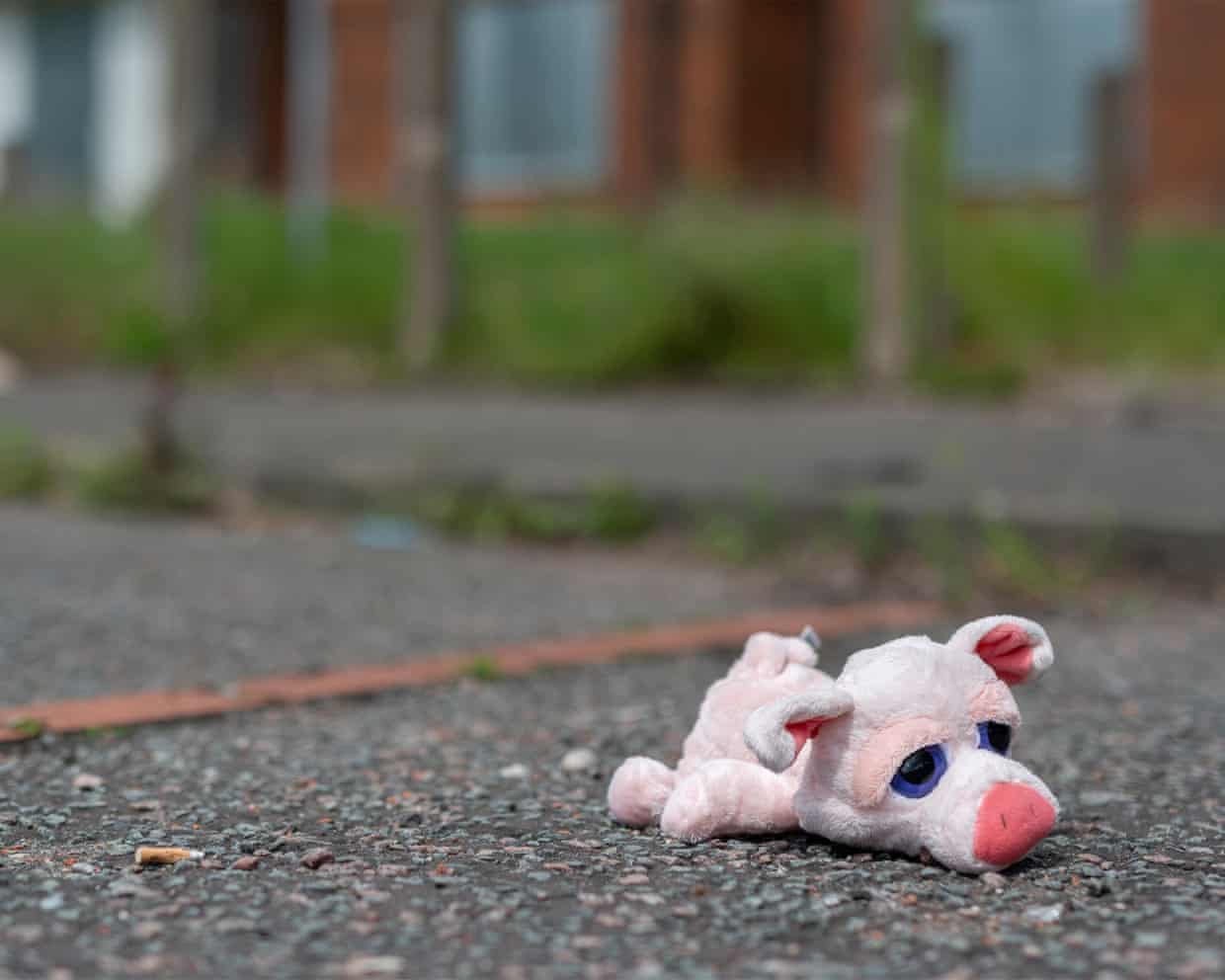
Almost all children in 73 areas of England live in low-income households
Almost 100% of children in 73 neighbourhoods in England are living in income-deprived families, according to new measures that factor in the impact of soaring rents.Changes to official measures reveal the neighbourhoods where in effect all children live in low-income households. Of these, 31 are in inner London boroughs with high housing costs such as Tower Hamlets, Hackney, Haringey and Westminster.The new indices of multiple deprivation confirm that attempts at levelling up have failed to shift stubbornly high levels of deprivation in so-called left-behind towns and cities in the Midlands and north of England.Blackpool, Middlesbrough, Burnley, Manchester and Birmingham are the top five most deprived local authority areas

Ministers’ claims to have helped JLR in doubt as £1.5bn support left untouched

Amazon shares surge as AI boom fuels cloud growth; Nvidia boss says selling chips in China is Trump’s call – as it happened

OpenAI thought to be preparing for $1tn stock market float

Google Pixel 10 Pro Fold review: dust-resistant and more durable foldable phone

No mountain too high for Itoje and England with Australia first up in autumn series
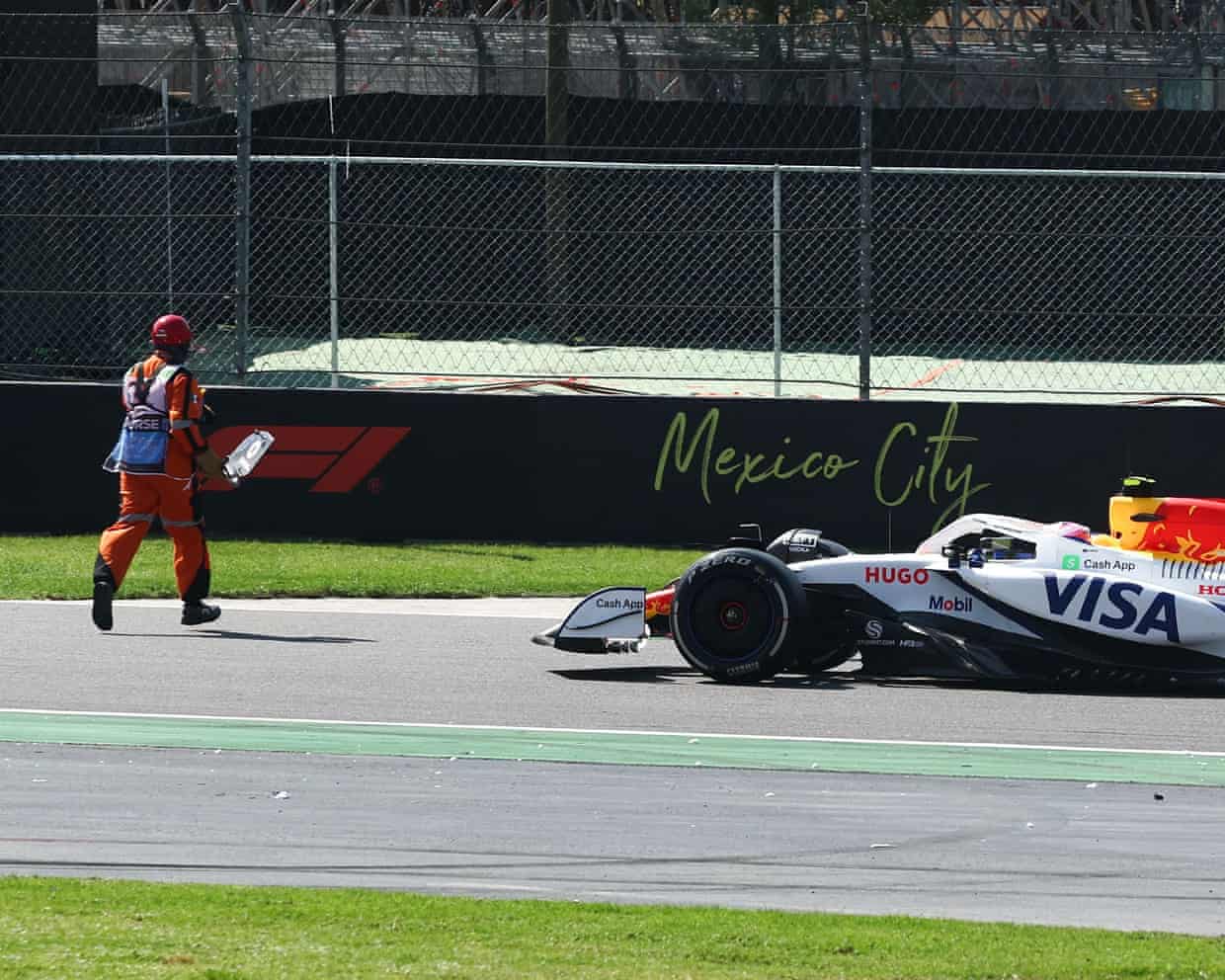
Liam Lawson cleared of blame by FIA for marshals scare at Mexico Grand Prix